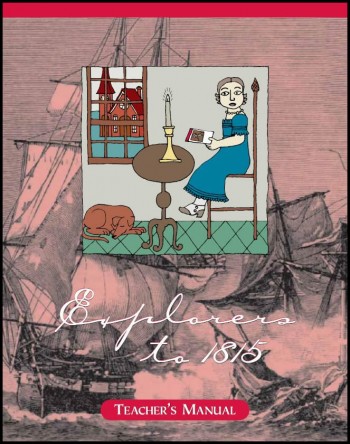Product Description
Mr. Maybury warns, “Beware of anyone who tells you a topic is above you or better left to experts. Many people are twice as smart as they think they are, but they’ve been intimidated into believing some topics are above them. You can understand almost anything if it is explained well.”
In his first book in the series, Uncle Eric Talks About Personal Career and Financial Security, Mr. Maybury explains that one of the most important things you can teach children or learn yourself is:
Models are how we think, they are how we understand how the world works. As we go through life we build these very complex pictures in our minds of how the world works, and we’re constantly referring back to them — matching incoming data against our models. That’s how we make sense of things.
One of the most important uses for models is in sorting incoming information to decide if it’s important or not.
In most schools, models are never mentioned because the teachers are unaware of them. One of the most dangerous weaknesses in traditional education is that it contains no model for political history. Teachers teach what they were taught — and no one ever mentioned models to them, so they don’t teach them to their students.
For the most part, children are just loaded down with collections of facts that they are made to memorize. Without good models, children have no way to know which facts are important and which are not. Students leave school thinking history is a senseless waste of time. Then, deprived of the real lessons of history, the student is vulnerable.
The question is: which models to teach.
Mr. Maybury says, “The two models that I think are crucially important for everyone to learn are economics and law.”
Mr. Maybury writes from the political, legal and economic viewpoint of America’s Founders, and his series covers economics, business, history, law, and the nature of government.
Can be used in courses for: Economics, History, Government, Civics, Law, U.S. History, World History, Business, Finance, Ancient Rome, Election Unit Studies, and International Affairs.





Reviews
There are no reviews yet.